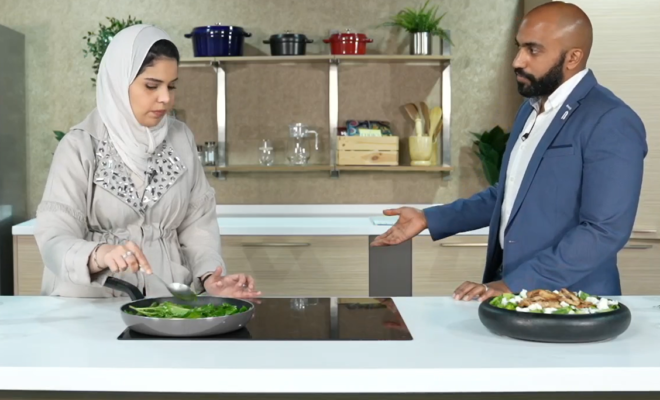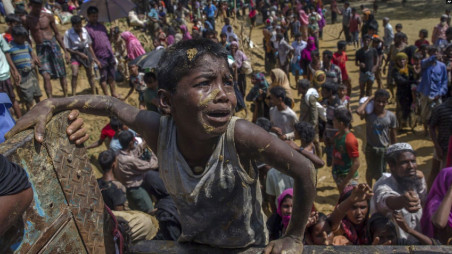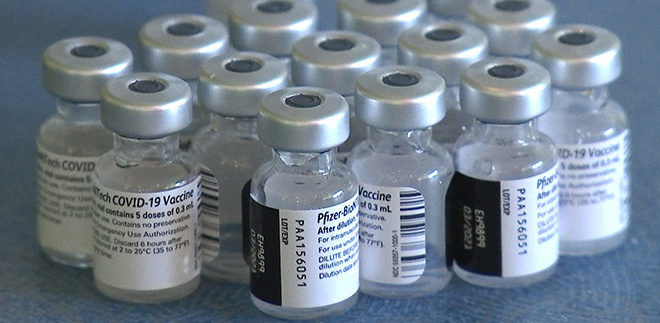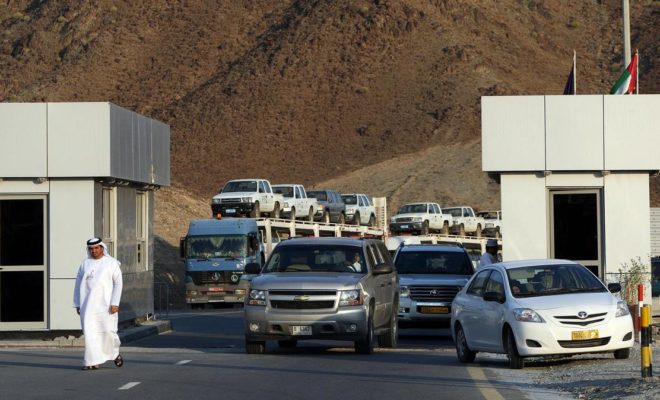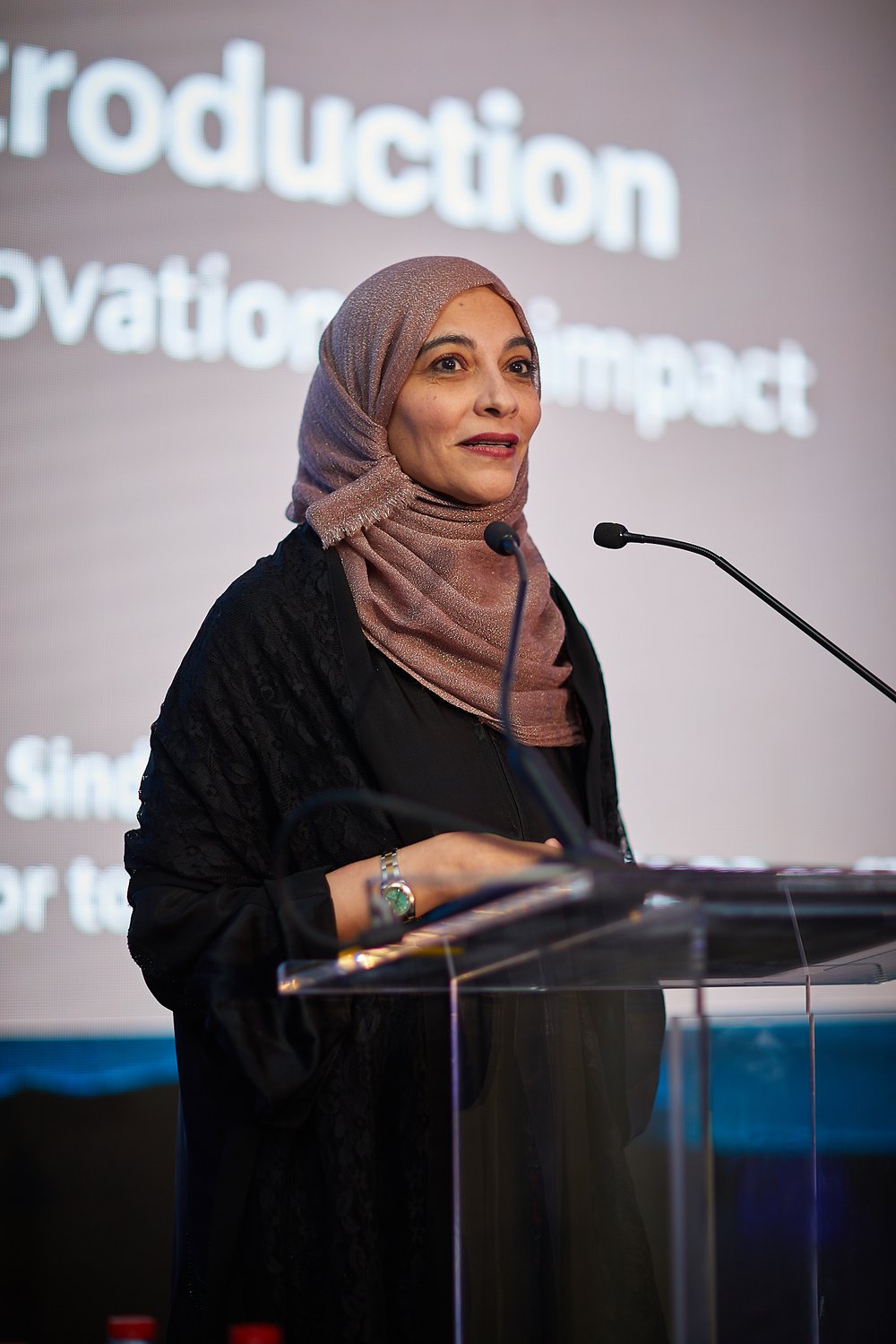Saudi Arabia asks India to use cheap oil it bought last year to cool prices

International oil prices soared after OPEC and its allies defied India’s request to loosen output controls, with Saudi Arabia advising New Delhi to use oil it purchased at bargain prices last year instead. Brent crude, the most traded benchmark, rose nearly 1% to USD 67.44 a barrel on Friday after the Organization of Petroleum Exporting Countries (OPEC) and its allies agreed to cut output. In the run-up to Thursday’s OPEC meeting, India’s Oil Minister Dharmendra Pradhan urged the producers’ community to ease supply curbs to keep their pledge of stable oil prices.
Rising international oil prices, he believed, were hurting the economy’s recovery and demand. At a press conference following the OPEC+ decision on Thursday, Saudi energy minister Prince Abdulaziz bin Salman responded to a query about India’s pleadings by saying that New Delhi should take some of the crudes out of storage that they had purchased at exceptionally low rates last year.
“It’s noticeably clear when it comes to India. I will request that my friend remove some of the cheap oil that they purchased in April, May, and June of last year,” the Saudi Minister said. “There is a cost of not removing it right now.” In April-May 2020, India purchased 16.71 million barrels of oil, filling all three Strategic Petroleum Reserves developed in Visakhapatnam, Andhra Pradesh, Mangalore, and Padur, Karnataka. According to Pradhan’s written response to a query in the Rajya Sabha on September 21, 2020, the average cost of that crude purchase was USD 19 per barrel. If oil producers plan to pass on the increase in international oil prices to customers, retail gasoline and diesel prices, which are already at record highs, will likely rise further. Petrol and diesel prices have remained unchanged for the past five years, and oil firms have previously refused to revise prices in the run-up to critical assembly elections in states such as Uttar Pradesh in 2017 and 2018. In the coming weeks, West Bengal, Tamil Nadu, Kerala, Pondicherry, and Assam will hold elections. India, where fuel demand is returning to pre-pandemic levels, wants fair and responsible oil prices, Pradhan said earlier this week.
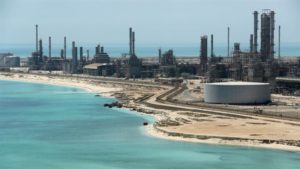
India, the world’s third-largest oil importer, and the buyer had backed OPEC and its allies’ decision to cut supply last year in response to a drop in oil demand caused by the spread of COVID-19. “At the time, producers, especially OPEC, assured the global market that demand would return by the beginning of 2021, and production would resume as normal. But, alas, the performance has yet to return to normal,” he said. “There is a price increase if you do not supply properly if there is an artificially (created) demand-supply gap.”
Between April and December 2020, the average price of crude oil imported into India was less than USD 50 per barrel, comparable to the 2019-20 average cost of USD 60.47 in subsequent months, yet petrol and diesel prices are at historic highs now, as the government has yet to roll back the taxes it imposed when prices collapsed almost a year ago.
Petrol has now surpassed the Rs 100 mark in some parts of Rajasthan, Madhya Pradesh, and Maharashtra, thanks to record taxes and foreign prices returning to pre-COVID levels in response to resurgent demand. Excise duty on petrol and diesel was increased by Rs 13 and Rs 16 per liter between March and May 2020, accounting for more than one-third of the Rs 91.17 per liter petrol price in Delhi and 40% of the Rs 81.47 per liter diesel cost. The average price of crude oil imported by India in February was USD 61.22 per barrel, up from USD 54.79 in January. In April of last year, it was as low as USD 19.90, and between USD 40 and USD 49 in June and December.
India imports about 85% of its crude and domestic retail prices are based on international prices. Since November, OPEC+ has helped engineer a nearly 80% increase in the Dated Brent benchmark by limiting demand to around 7 million barrels per day—roughly 7% of pre-pandemic output. In February and March, Saudi Arabia cut production by an additional 1 million BPD voluntarily.


